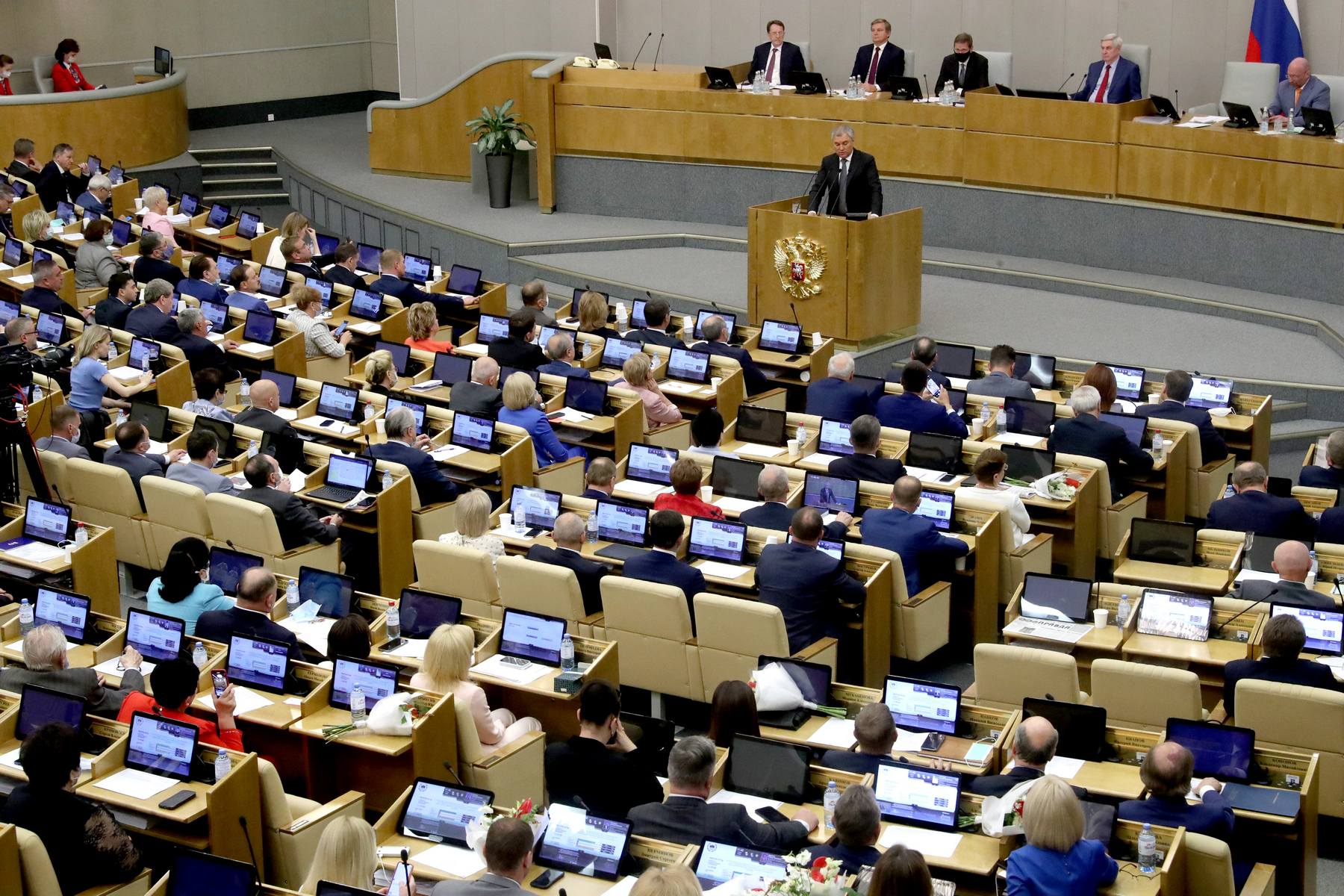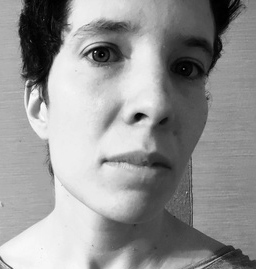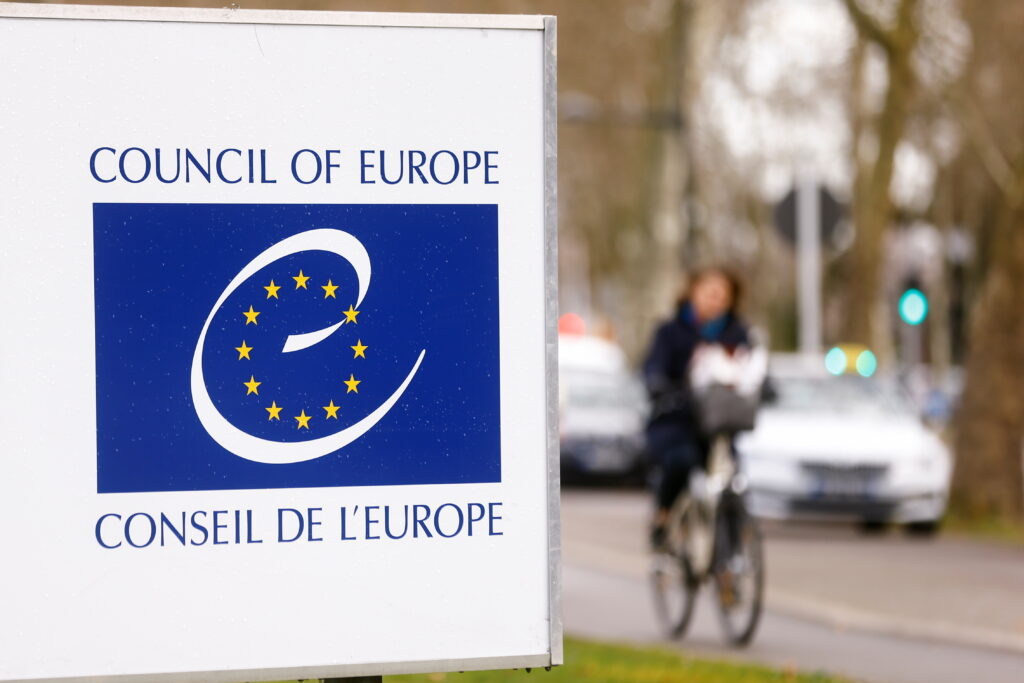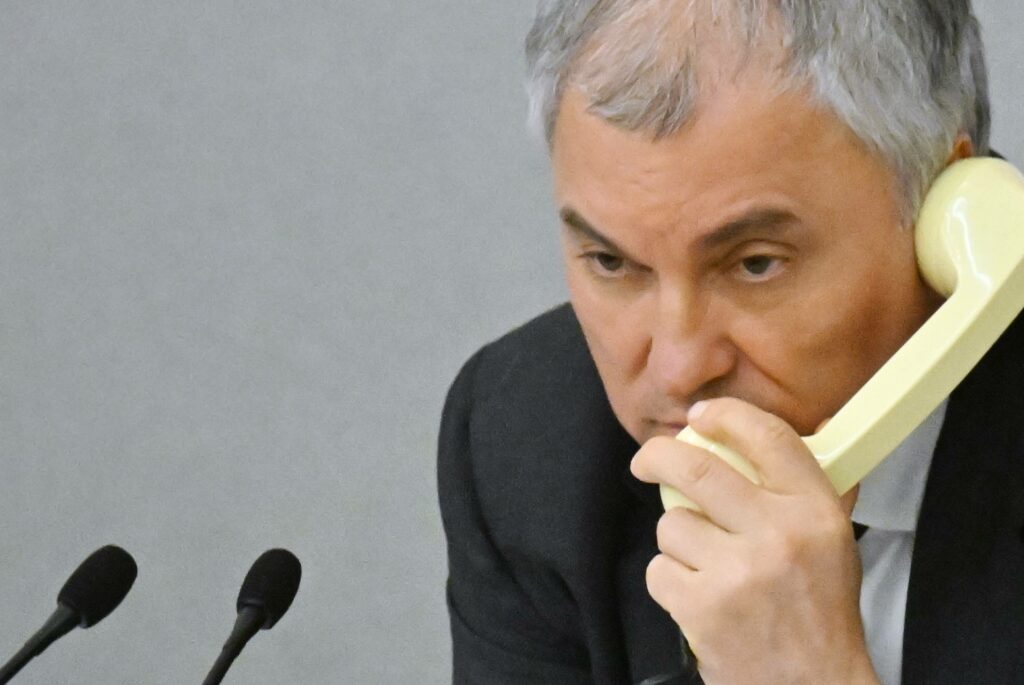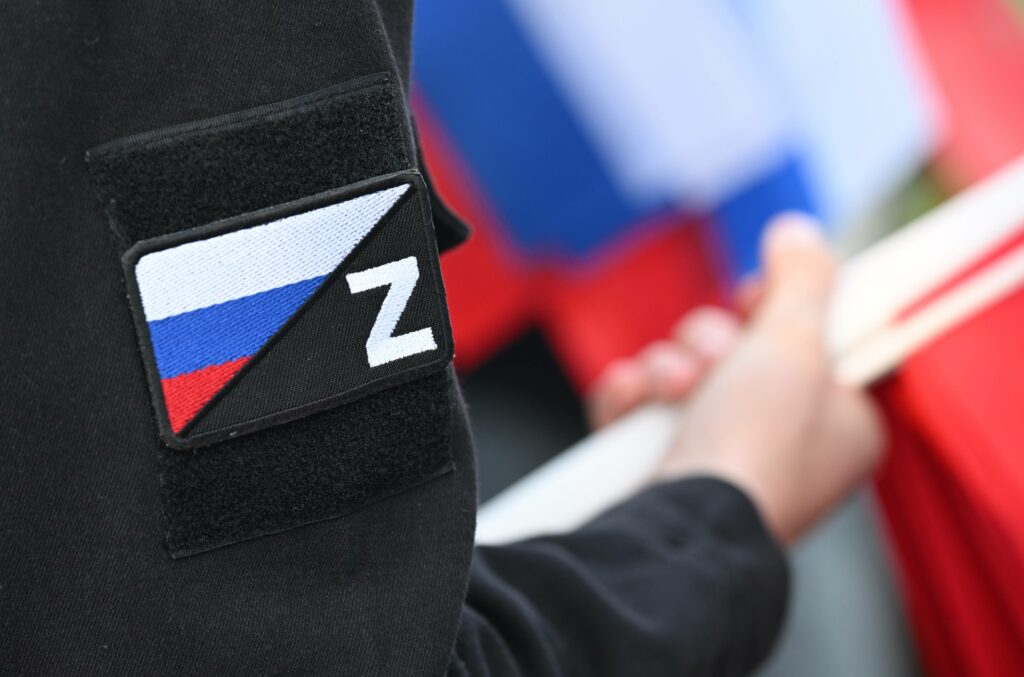With each subsequent term of office, the Russian State Duma adopts an increasing number of laws: the seventh convocation (2016–2021) adopted 2,673 laws, i.e. by 22% more than the previous convocation and, for example, 2.5 times as many as the second convocation (1995–2000). This growth rate cannot be explained solely by the extension of the convocations from four to five years since the average number of laws adopted in a year has also been on the rise.
Moreover, the seventh convocation saw an increase in the share of laws passed (47%) versus the number of bills submitted, which indicates a low degree of adversarial process at the Duma. The lower house of the Russian parliament did not “clean up the rubble” that remained after the previous years, but mostly went on to process new bills: only 11% of the adopted laws had been submitted during the previous convocations.

Starting from the third convocation onwards, bills virtually ceased to be screened out by the Federation Council and the President. In 1995–2000, a total of 30% of the bills were sifted out in this way after being passed by the Duma of the second convocation. However, starting from 2003, the proportion of such bills has not exceeded 1%. In the seventh convocation, only two laws passed by the Duma were ultimately rejected, which is an all-time low.

At the same time, the median time between the third reading and publication of the new law has shrunk: during this period, the bill is considered by the Federation Council and approved by the President. It went down from 22 days in the fourth convocation to 12–13 days in the sixth and seventh convocations.
The data analysed here indicate an absence of intense political competition, whether within the Duma or between the Duma and other participants in the legislative process, i.e. the Federation Council and the President. This was particularly evident during the pandemic, but the Duma’s work procedure, which aims to exclude open debates from the legislative process, was formulated before 2020.
Law-making during the pandemic
In March 2020, Olga Timofeeva, Deputy Prime Minister of the State Duma, said that one of the main tasks for deputies under the new circumstances was to send all draft bills to the Federation Council promptly. When summarising the work of the seventh Duma in 2021, President Vladimir Putin described legislative activity during the epidemic as follows:
“We [together with Duma Speaker Vyacheslav Volodin] agreed that the parliament would also have to act in these extraordinary conditions essentially as an executive body, but within its mandate. And this is what happened: you all literally managed to get together even under emergency conditions, prepare and adopt decisions, and formalise them in the right way.”
Well, what enabled the State Duma to effectively “formalise” the necessary decisions?
In March 2020, journalists were banned from entering the Duma building, the number of plenary sessions was reduced from three to two per week, deputies’ political speeches at the start of plenary sessions were eliminated, and the discussion on bills in the first reading was constrained (keeping only a brief address by one representative of a faction). From September onwards, draft bills that the committee has proposed to reject started to be considered under a shortened procedure, with a brief report by a committee representative. Later on, journalists were allowed to attend meetings only if they produced a negative COVID-19 test.
In March 2021, Sergei Ivanov, an MP representing Liberal-Democratic Party of Russia, announced that the Duma had been voting without a quorum for a year. He attributed this to the fact that after the start of the pandemic MPs were advised to change the seating arrangement (one person per a row of four chairs) in order to maintain social distance. Duma Speaker Vyacheslav Volodin denied this claim and said that such statements “discredited the parliament.” Video broadcasts from the plenary sessions only show the rostrum, which means that the actual number of people present cannot be estimated.

Table: Statistics of the legislative process, as reported on the official website of the State Duma
Since the number of plenary sessions was reduced, one would expect that the pace at which bills are considered would slow down, but this did not happen. According to official statistics, the pandemic did not entail a reduction in the number of bills submitted to the Duma or in the number of laws actually passed. As regards the number of laws adopted, the autumn session of 2020 became the most prolific of all autumn sessions of the seventh convocation of the Duma, while the spring 2021 session was the most prolific of all its spring sessions. In the spring session of 2020, which coincided with the start of the pandemic, the State Duma passed more laws than in the spring session of 2017.
At the same time, the legislative process accelerated: an analysis of 318 bills submitted after 11 March 2020, approved by the Duma and subsequently published, shows that the median time between bill registration and publication of the law shrank to 114 days (down from 177 during the sixth convocation).
For instance, in March 2020, a set of “coronavirus amendments” was passed in a fast track: within just a few days and without debate. On 30 March, on the eve of their adoption, the Duma Deputy Speaker Olga Timofeeva announced that the plenary session would “take place in an accelerated mode,” with no statements from factions on current issues and with no debates. Regardless of the absence of public debate, two new Criminal Code articles “on fakes” were added before the second reading while the “sanitary” Article 236 of the Criminal Code was being redacted. In addition, administrative penalties for violating the high alert restrictions were included in a bill on liability for violating the rules in the field of private security activity, which had already passed the first reading.
In December, Igor Lebedev (MP from the LDPR) told the Vedomosti newspaper that there had been an agreement at the Duma Council to pass only the bills which were necessary to combat the coronavirus and to do so with a constrained debate. Nevertheless, a large set of restrictive laws were passed towards the end of the year, including those concerning rallies and “foreign agents.”
In a conversation with Kommersant, Sergei Ivanov (also from LDPR) remarked that the process was becoming non-public: “People are watching the broadcasts of parliamentary sessions but cannot see how laws are being passed because there is no discussion.” MPs from the Communist Party of the Russian Federation also opposed the abolition of political speeches at the Duma.
The absence of discussion and of public speeches by MPs at the Duma, the restriction of journalists’ access, and accelerated consideration of bills – all these steps restricted the transparency of the legislative process and the monitoring possibilities for experts and society as a whole.
Non-transparency of the law-making process
The practice of adopting important laws within an extremely short time had also existed before 2020. For instance, another law was adopted in record time in 2014, when merely two days passed between submission and publication of the law “On the admission of the Republic of Crimea to the Russian Federation and the formation of new constituent entities of the Russian Federation: the Republic of Crimea and the Federal City of Sevastopol.”

Note: The analysis covers the laws which were considered in all three readings. When calculating the times, no allowance was made for breaks between sessions.
There was also a widespread practice of making substantial changes to the texts of draft laws. This entailed changes to the length and general meaning of those texts. The median change in the length of bills between registration and publication was 32%. This means that the length of the text increases by one-third as the bill is being considered.
In some cases, the importance of amendments that are submitted at a later moment is not visible to the naked eye and is only obvious to experts in a particular field. This was the case, for example, with the bill on tent cities and automobile rallies, where a requirement was added in the second reading to seek permission for single-person pickets with “rapidly erectable collapsible structures.” In some cases, important amendments get “hidden” in laws that focus on other issues.
A bill gets “fine-tuned” once it was passed at first reading and feedback from the relevant government agencies has been received: amendments are adopted during the second reading, which plays a key role. For the last twenty years, the median time between the second and third readings did not change significantly, standing at 1–2 days. This leaves no time for the media to disseminate the news and for the public to react to the proposals.
At the same time, amendments are recommended for adoption or rejection when discussed by the responsible committee of the State Duma. In contrast to plenary sessions, where all speeches are shorthanded and videotaped for subsequent publication, in-committee discussions take place behind closed doors and are not published on the Duma’s official website.
Emergency law-making in action (based on the example of amendments to Article 236 of the Criminal Code)
The situation with the amendments to Article 236 of the Criminal Code (violation of sanitary and epidemiological rules), adopted in March 2020, is a prime example of how the legislative process can be reduced to a minimum within the Duma’s existing rules of procedure in the context of the pandemic emergency.
- The bill was passed in an extremely short time: it became effective merely a week after it was submitted to the Duma.
- One day was allotted for feedback on the bill, and only one hour was given to propose amendments after the first reading (rather than 15 days, as required by the Duma’s rules of procedure).
- The initial criticism of the concept presented by the Duma Legal Department was ignored: in the letter from the responsible committee to the Duma’s Council, Krasheninnikov claimed that “the bill has undergone legal and linguistic reviews, and is ready to be considered during the first reading.”
- The bill underwent radical changes between the first and second readings. Apart from amending Article 236 of the Criminal Code, the draft introduces two entirely new criminal articles on an extraneous subject: “public dissemination of deliberately false information about circumstances that endanger the life and security of citizens” and “public dissemination of deliberately false information of public significance, resulting in grave consequences” (Articles 207.1 and 207.2 of the Criminal Code).
- All the amendments were presented by the author of the bill and chairman of the responsible committee Pavel Krasheninnikov. The repeated feedback from the Legal Department indicates that the text of the bill prepared for the second reading had been actually ready before the first reading.
- The government and the Supreme Court, whose feedback is mandatory for amendments to the Criminal Code, provided feedback only for the first version of the text.
- At the suggestion of Vyacheslav Volodin (co-author of the bill and Speaker of the State Duma), there was no discussion during the readings: the preparations of the amendments took place behind the scenes. All three readings took place on the same day, without any questions or discussions. In total, the readings took less than ten minutes.
All this has been possible thanks to the current rules of procedure of the Duma. The work procedure of the Russian Parliament resembles an assembly line: the role of open sessions has been reduced to the minimum while the part played by the responsible committees has been reinforced.
The responsible committee examines amendments to bills that were submitted after the first reading and proposes the ones to be accepted and rejected. The rules of procedure of the Duma do not provide for a full-fledged discussion if the MPs disagree with the proposal of the responsible committee during the second reading: only the authors of the amendments and the deputies who object to the amendments are given the floor, and they are allotted three minutes to speak. Moreover, this time can be reduced to one minute if the responsible committee so proposes.
The rules of procedure of the Duma were changed in 2012 after a well-known parliamentary obstruction, which stalled the adoption of a bill to tighten the rules for rallies. The amendments which were alternative to those proposed at the time by the responsible committee were put to a vote without being discussed first. Moreover, the committee was given the option of merging interrelated amendments into a single bloc, thereby reducing the time needed to discuss them.
Another problem is the declining role of expert opinions in the legislative process and the insufficient competition between such opinions or public discussion on them. The manifestations of this trend are clearly visible in the aforementioned example of the amendments to Article 236 of the Criminal Code: the comments submitted by the Legal Department were ignored and there was no repeated feedback from the Supreme Court and the government, which led to a situation where the well-rounded concept (unintentional “threat”) ended up in the article and subsequently needed additional clarification by the Supreme Court.
In practice, mandatory expert opinions (e.g. from the Legal Department) get ignored. The introduction of new substantive amendments in the second reading helps to bypass the expert opinions stipulated by the rules of procedure. In addition, violation of the rules of procedure does not lead to disciplinary or reputational consequences for the offending MPs. For instance, in the case of amendments to the “sanitary” article, the head of the responsible committee Pavel Krasheninnikov added amendments on “fakes” which went clearly beyond the limits of the concept approved in the first reading. Let us take another example: at the end of 2020, in its review of a highly publicised bill to introduce criminal liability for obstruction of traffic, the Supreme Court noted that its author, United Russia MP Dmitry Vyatkin, had not provided the necessary “reasoned justification” in the explanatory note. Despite the fact that the rules of procedure of the Duma were violated in both cases (Articles 105, 118, 121), the two laws were passed without any consequences for the offending MPs.
